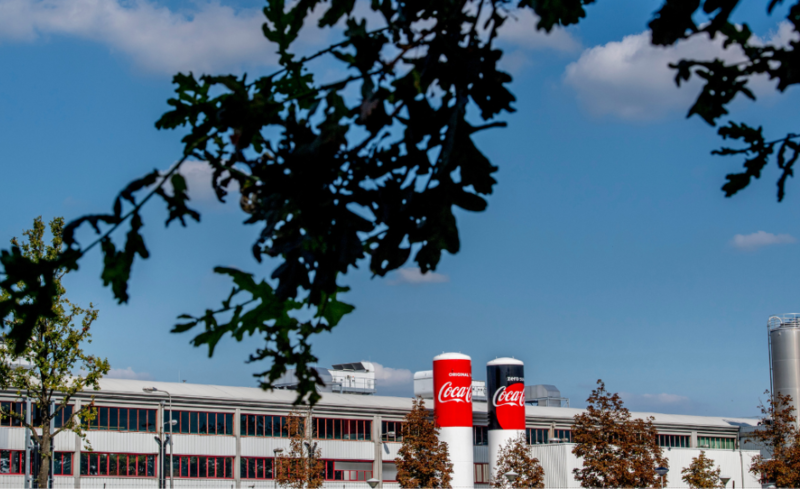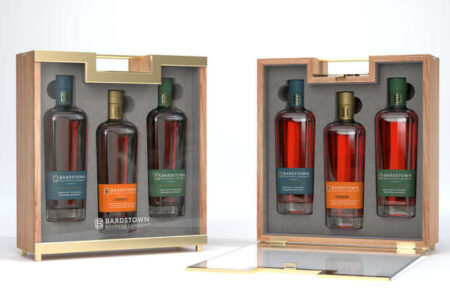CCEP research to explore using CO₂ to create key component of plastic bottle caps

Coca-Cola Europacific Partners (CCEP) is investing into carbon conversion research, with the potential to create more sustainable packaging materials.
Set to be carried out by researchers at Swansea University, the project will explore a new way of manufacturing ethylene – one of the key components in plastic, such as the HDPE used to make plastic bottle caps.
The research aims to develop technology capable of using CO₂ captured from the atmosphere as an alternative to fossil fuels used during the ethylene production process, offering a potentially more sustainable way to create plastic packaging.
The project is the latest to be funded through CCEP’s innovation investment engine, CCEP Ventures (CCEPV), and follows a series of investments designed to drive innovation and sustainability progress in line with CCEP’s net zero 2040 ambition.
Craig Twyford, head of CCEP Ventures, said: “We’re incredibly excited about the potential of this research. We know that making our packaging materials more sustainable is key to decarbonising our business, and technology will play an important role in helping us solve this challenge.
“Through Ventures, we are committed to seeking out and funding solutions that will build a better future for our business, communities and the planet. If scaled, this technology could impact both our fossil fuel use and carbon emissions and help to accelerate a low-carbon future for CCEP.”
Professor Enrico Andreoli, head of chemical engineering at Swansea University and principal investigator of the project, said: “We’re really thrilled to be working with CCEP to develop next-generation carbon dioxide utilisation technology. We take a practical approach in our research focusing specifically on sustainable applications, and fossil-free ethylene production is certainly a key one.
“We build upon our strong background and expertise in carbon dioxide conversion and with the support of CCEP Ventures, our common goal of delivering low-carbon sustainable plastic can become a reality.”
The three-year project will initially focus on development of a highly efficient and productive CO₂ to ethylene conversion process, before evaluating scale-up options.



